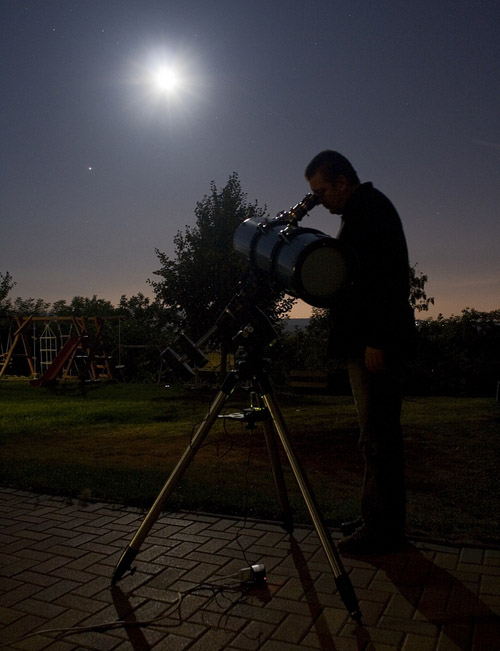Difference between revisions of "September 28, 2011"
| Line 1: | Line 1: | ||
__NOTOC__ | __NOTOC__ | ||
=A Better Venus= | =A Better Venus= | ||
| − | |||
<!-- ws:start:WikiTextHeadingRule:0:<h1> --> | <!-- ws:start:WikiTextHeadingRule:0:<h1> --> | ||
<table class="wiki_table"> | <table class="wiki_table"> | ||
<tr> | <tr> | ||
<td><!-- ws:start:WikiTextLocalImageRule:14:<img src="/file/view/LPOD-Sept28-11.jpg/258859646/LPOD-Sept28-11.jpg" alt="" title="" /> -->[[File:LPOD-Sept28-11.jpg|LPOD-Sept28-11.jpg]]<!-- ws:end:WikiTextLocalImageRule:14 --><br /> | <td><!-- ws:start:WikiTextLocalImageRule:14:<img src="/file/view/LPOD-Sept28-11.jpg/258859646/LPOD-Sept28-11.jpg" alt="" title="" /> -->[[File:LPOD-Sept28-11.jpg|LPOD-Sept28-11.jpg]]<!-- ws:end:WikiTextLocalImageRule:14 --><br /> | ||
| − | <em>image by [mailto:abraham@vadakcsillaga.hu Tamas Abraham], Hungary</em><br /> | + | <em>image by [mailto:abraham@vadakcsillaga.hu" rel="nofollow Tamas Abraham], Hungary</em><br /> |
</td> | </td> | ||
<td>I can accept that Tamas occasionally points his scope at Venus, but this is LPOD, not VPOD, so the story has to be lunacentric. And why not, what is Venus anyway? Just a very bright dot with virtually no details to glimpse, a fascinating volcanic world forever hidden to terrestrial observers. The full Moon is even a better Venus - it is brighter, bigger and visibly much more fascinating. With high power the brightness is diluted so subtle variations of white can be seen in rays, and chocolate donuts delineate dark halo craters. Sinuous rilles are like white threads dropped on a slate surface. And mare lavas, all basalts, show off their titanium variations as shades of gray. Venus? Why bother? <br /> | <td>I can accept that Tamas occasionally points his scope at Venus, but this is LPOD, not VPOD, so the story has to be lunacentric. And why not, what is Venus anyway? Just a very bright dot with virtually no details to glimpse, a fascinating volcanic world forever hidden to terrestrial observers. The full Moon is even a better Venus - it is brighter, bigger and visibly much more fascinating. With high power the brightness is diluted so subtle variations of white can be seen in rays, and chocolate donuts delineate dark halo craters. Sinuous rilles are like white threads dropped on a slate surface. And mare lavas, all basalts, show off their titanium variations as shades of gray. Venus? Why bother? <br /> | ||
<br /> | <br /> | ||
| − | <em>[mailto:tychocrater@yahoo.com Chuck Wood]</em><br /> | + | <em>[mailto:tychocrater@yahoo.com" rel="nofollow Chuck Wood]</em><br /> |
<br /> | <br /> | ||
| − | Abraham's [HTTP://www.vadakcsillaga.hu website]<br /> | + | Abraham's [HTTP://www.vadakcsillaga.hu" rel="nofollow website]<br /> |
</td> | </td> | ||
</tr> | </tr> | ||
Revision as of 22:22, 4 January 2015
A Better Venus
 image by " rel="nofollow Tamas Abraham, Hungary |
I can accept that Tamas occasionally points his scope at Venus, but this is LPOD, not VPOD, so the story has to be lunacentric. And why not, what is Venus anyway? Just a very bright dot with virtually no details to glimpse, a fascinating volcanic world forever hidden to terrestrial observers. The full Moon is even a better Venus - it is brighter, bigger and visibly much more fascinating. With high power the brightness is diluted so subtle variations of white can be seen in rays, and chocolate donuts delineate dark halo craters. Sinuous rilles are like white threads dropped on a slate surface. And mare lavas, all basalts, show off their titanium variations as shades of gray. Venus? Why bother?
|



